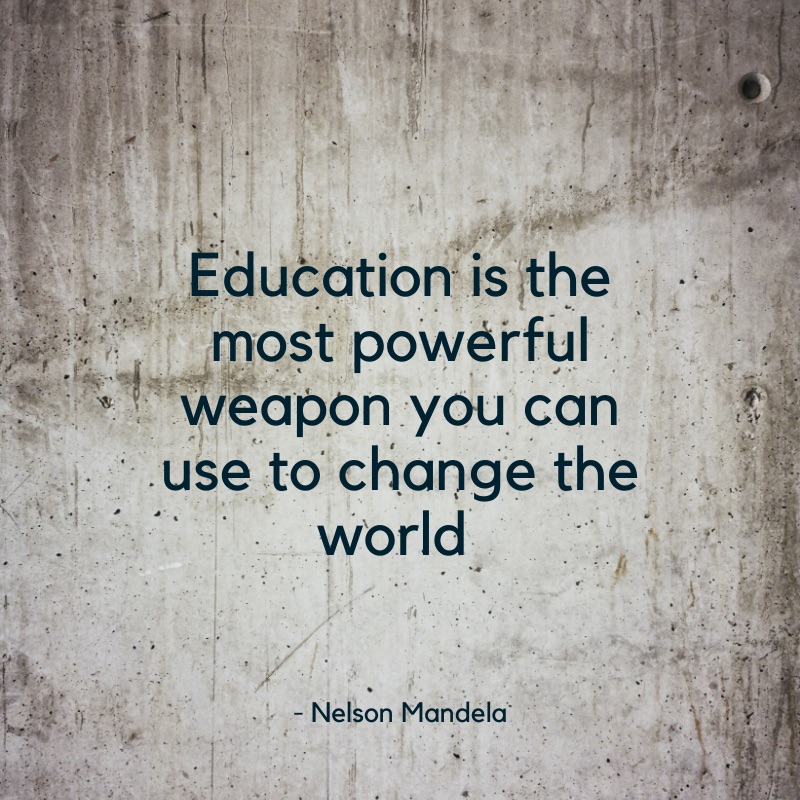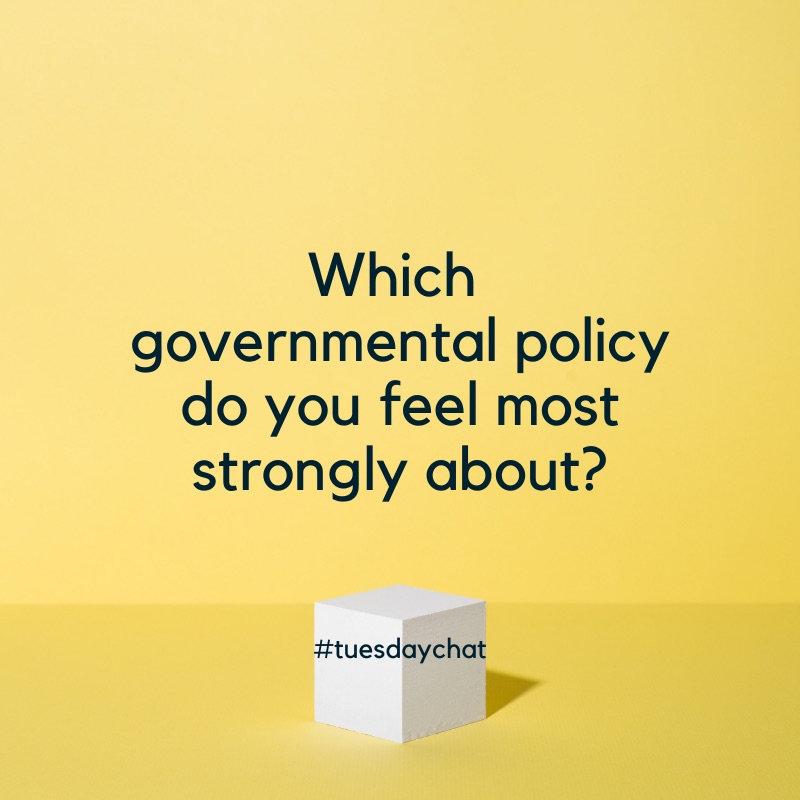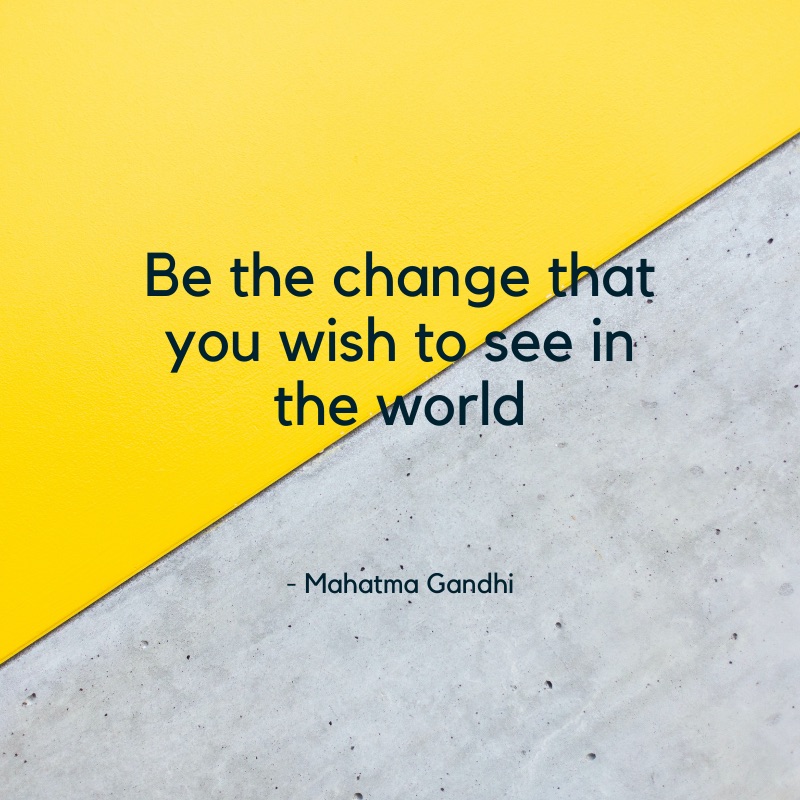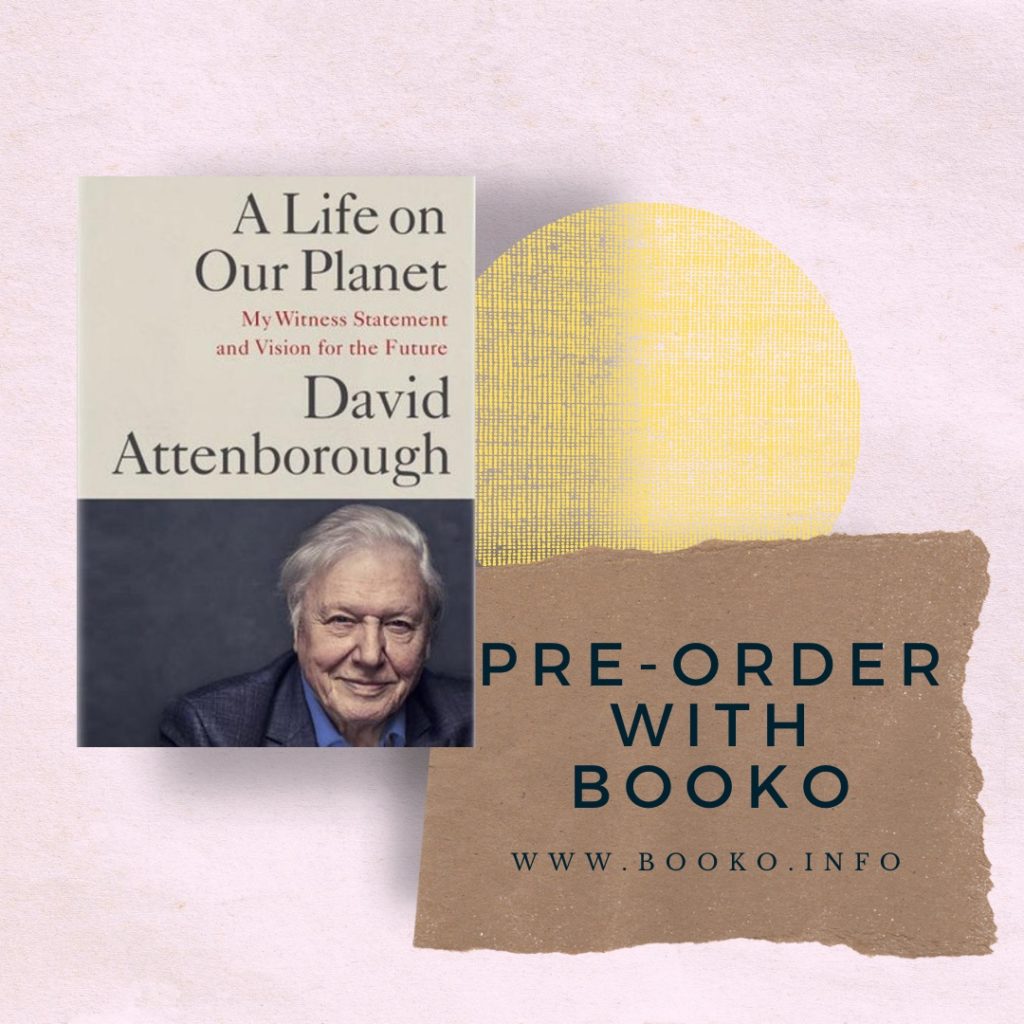Great leadership is to be celebrated and with it being an election year in many countries we are sharing inspiring leadership stories later this week on the blog. But first, we have these inspiring words to start your week.

Great leadership is to be celebrated and with it being an election year in many countries we are sharing inspiring leadership stories later this week on the blog. But first, we have these inspiring words to start your week.

It’s been a year like no other with a devastating global pandemic, heightening racial tension, growing climate catastrophes and political upheaval. To top it all off it is also an election year for a few countries so this week we are having a closer look at the leadership options facing both New Zealand and the United States as their countries head to the polls.
The two countries have leaders that both capture the world’s attention, albeit for very different reasons and with very different agendas. Let’s take a closer look at the lives behind the cameras and what we read in the newspapers.
Let’s start with New Zealand:
Jacinda Ardern by Michelle Duff
Michelle Duff delves into Ardern’s beginnings in small-town New Zealand, discovering a nose-ringed teen fighting for equality and her own identity in a devout Mormon family. Duff tracks Ardern’s political career, from being dismissed as a ‘show pony’ to her compassion during one of New Zealand’s biggest tragedies, the Christchurch mosque terror attack of 2019. In its aftermath, Ardern has become a global icon for her strength and decisiveness while uniting a country in shock and mourning. Ardern attracted international headlines for being the second world leader to give birth while in office. But why was having a baby so meaningful, and what does it say about the continued struggle for gender equality? Has Ardern really been a transcendent leader, and what enduring mark might she leave on the political landscape? This is an engrossing and powerful exploration of one of the most intriguing political stories of our time, telling us as much about one young woman’s ascendancy as it does about the country that elected her.
Pull No Punches by Judith Collins
This is a frank account from the National Member of Parliament Judith Collins sharing the highs and lows of a political life. From her humble beginnings as the youngest daughter of Labour-voting farming parents, Judith Collins has carved a path to almost the very top of New Zealand politics. Collins grew up in rural Walton, Waikato, on a dairy farm. At the age of 10 she entered politics, running for class president. She won. After a successful career as a lawyer, Collins became the MP for Papakura in 2002, alongside fellow new recruit John Key. When Key and National won office in 2008, Collins became the Minister for Police, Corrections and Veterans. Pull No Punches is the candid story of a determined Minister at the centre of New Zealand political life and of a woman who is resilient in the face of adversity. Funny, forthright and fearless, Collins reveals what it is like to survive -and thrive- for two decades as a senior female politician.
Women, Equality, Power by Helen Clarke
Helen Clark has been a world leader for 35 years from first entering parliament in 1982 as a 31-year-old to being Prime Minister of New Zealand for nine years, to serving as Administrator of the United Nations Development Programme for eight years. One of her key focuses throughout this time has been the empowerment of women and she has paved the way for other women to step up and lead. With a foreword by the Rt Hon Jacinda Ardern, this is a timely and important book. An analysis of Helen’s speeches shows that while the position of women has improved over time, this change is very fragile and that we need to keep working towards equality for women in many crucial areas. Women, Equality, Power also serves as a celebration of an outstanding leader who continues to strive and work for change.
And now to the United States:
Promises to Keep by Joe Biden
As a United States senator from Delaware since 1973, Joe Biden has been an intimate witness to the major events of the past four decades and a relentless actor in trying to shape recent American history. He has seen up close the tragic mistake of the Vietnam War, the Watergate and Iran-contra scandals, the fall of the Berlin Wall, the reunification of Germany, the disintegration of the Soviet Union, the aftermath of the 9/11 attacks, a presidential impeachment, a presidential resignation, and a presidential election decided by the Supreme Court. He’s observed Nixon, Ford, Carter, Reagan, Clinton, and two Bushes wrestling with the presidency; he’s traveled to war zones in Europe, the Middle East, and Africa and seen firsthand the devastation of genocide. He played a vital role by standing up to Ronald Reagan’s effort to seat Judge Robert Bork on the Supreme Court, fighting for legislation that protects women against domestic violence, and galvanising America’s response (and the world’s) to Slobodan Milosevic’s genocidal march in the Balkans.
In Promises to Keep, Biden reveals what these experiences taught him about himself, his colleagues, and the institutions of government. With his customary candour, Biden movingly recounts growing up in a staunchly Catholic multigenerational household in Scranton, Pennsylvania, and Wilmington, Delaware; overcoming a demoralising stutter; marriage, fatherhood, and the tragic death of his wife Neilia and infant daughter Naomi; remarriage and re-forming a family with his second wife, Jill; success and failure in the Senate and on the campaign trail; two life-threatening aneurysms; his relations with fellow lawmakers on both sides of the aisle; and his leadership of powerful Senate committees. Through these and other recollections, Biden shows us how the guiding principles he learned early in life – the obligation to work to make people’s lives better, to honour family and faith, to get up and do the right thing no matter how hard you’ve been knocked down, to be honest and straightforward, and, above all, to keep your promises – are the foundations on which he has based his life’s work as husband, father, and public servant.
Promises to Keep is the story of a man who faced down personal challenges and tragedy to become one of our most effective leaders. It is also an intimate series of reflections from a public servant who refuses to be cynical about political leadership, and a testament to the promise of the United States.
Too Much and Never Enough by Mary L. Trump
The NY Times shared some amazing statistics recently: “Since it was released in May, the latest book in the Hunger Games series, The Ballad of Songbirds and Snakes, has sold 1.3 million copies, a home run of a best seller by publishing’s standards. Mary L. Trump’s memoir about her uncle, Too Much and Never Enough, outsold it in its first week”. So we thought, we’d better pop it on this list for you.
Mary L. Trump, a trained clinical psychologist and Donald’s only niece, shines a bright light on the dark history of their family in order to explain how her uncle became the man who now threatens the world’s health, economic security, and social fabric.
Mary Trump spent much of her childhood in her grandparents’ large, imposing house in the heart of Queens, where Donald and his four siblings grew up. She describes a nightmare of traumas, destructive relationships, and a tragic combination of neglect and abuse. She explains how specific events and general family patterns created the damaged man who currently occupies the Oval Office, including the strange and harmful relationship between Fred Trump and his two oldest sons, Fred Jr. and Donald. A firsthand witness to countless holiday meals and family interactions, Mary brings an incisive wit and unexpected humour to sometimes grim, often confounding family events. She recounts in unsparing detail everything from her uncle Donald’s place in the family spotlight and Ivana’s penchant for regifting to her grandmother’s frequent injuries and illnesses and the appalling way Donald, Fred Trump’s favourite son, dismissed and derided him when he began to succumb to Alzheimer’s. Numerous pundits, armchair psychologists, and journalists have sought to parse Donald J. Trump’s lethal flaws. Mary L. Trump has the education, insight, and intimate familiarity needed to reveal what makes Donald, and the rest of her clan, tick. She alone can recount this fascinating, unnerving saga, not just because of her insider’s perspective but also because she is the only Trump willing to tell the truth about one of the world’s most powerful and dysfunctional families.
Rage by Bob Woodward
Rage goes behind the scenes like never before, with stunning new details about early national security decisions and operations and Trump’s moves as he faces a global pandemic, economic disaster and racial unrest. Woodward, the No 1 internationally bestselling author of 13 No 1 bestsellers, including Fear: Trump in the White House, shows Trump up close in his entirety before the 2020 presidential election. President Trump has said publicly that Woodward has interviewed him. What is not known is that Trump provided Woodward a window into his mind through a series of exclusive interviews. At key decision points, Rage shows how Trump’s responses to the crises of 2020 were rooted in the instincts, habits and style he developed during his first three years as president. Rage draws from hundreds of hours of interviews with first-hand witnesses, as well as participants’ notes, emails, diaries, calendars and confidential documents. Woodward obtained 25 personal letters exchanged between Trump and North Korean leader Kim Jong Un that have not been public before. Kim describes the bond between the two leaders as out of a ‘fantasy film’, as the two leaders engage in an extraordinary diplomatic minuet. Rage will be the foundational account of the Trump presidency, its turmoil, contradictions and risks. It is an essential document for anyone seeking an accurate inside view of the Trump years – volatile and vivid.
Enjoy!
There are so many policies and decisions that our leaders discuss. While high profile or contentious issues make the news, many don’t. Which is the policy you feel most strongly about?

Elections are looming around the world and our votes and voices all make a difference. Today’s little inspo has been one of our mantras for years.

Politics has long been a career dominated by males but in recent years we have seen a growing number of amazing women rise to power seizing the opportunity to influence our world. We have gathered a few of our favourite books on the market which explore the values, skills, personalities and drive that each of these women have.
Prepare to be inspired as we explore the careers of some of the greatest women in politics; some are sadly no longer with us, others are facing elections this year.
The Truths We Hold by Kamala Harris
Known for bringing a voice to the voiceless, Senator Kamala Harris is committed to speaking the truth. The daughter of immigrants, she was raised in a community that cared deeply about social justice and, growing up, Harris herself never hid her passion for doing what is right. Throughout her career, from starting out as a prosecutor right up to her position as California’s Attorney General, and now as a US Senator, her hallmarks have been applying a holistic, data-driven approach to the thorniest issues, whether it’s taking on the big banks or rejecting stale ‘tough on crime’ rhetoric as presenting a series of false choices. Neither ‘tough’ nor ‘soft’ but smart on crime became her mantra. Being smart means learning the truths that can make us better as a community, and supporting those truths with all our might. Through the arc of her own life, Harris communicates a vision of shared struggle, shared purpose, and shared values and grapples with complex issues that affect America and the world at large, from health care and the new economy to immigration, national security, the opioid crisis, and accelerating inequality. By reckoning with the big challenges we face together, drawing on the hard-won wisdom and insight from her own career and the work of those who have most inspired her, Kamala Harris offers in The Truths We Hold a master class in problem solving, in crisis management, and leadership in challenging times.
Jacinda Ardern by Madeleine Chapman
Jacinda Ardern is a progressive and a social democrat. A millennial woman in leadership. Only the second elected leader in the world to give birth while in office. But who is the real Jacinda Ardern? And why does she inspire such global admiration? New Zealand’s Prime Minister has been hailed as a leader for a new generation, tired of inaction in the face of issues such as climate change and far-right terrorism. Her grace and compassion following the Christchurch mosque shooting captured the world’s attention. Oprah Winfrey invited us to ‘channel our inner Jacindas’ as praise for Ardern flooded headlines and social media. The ruler of this remote country even made the cover of Time. In this revealing biography, journalist Madeleine Chapman discovers the woman behind the headlines. Always politically engaged and passionate, Ardern is uncompromising and astute. She has encountered her fair share of sexism, but rather than let that harden her, she advocates ‘rising above’ disparagers. In her first press conference, she announced an election campaign of ‘relentless positivity’. The tactic was a resounding success donations poured in and Labour rebounded in the polls.
The Book of Gutsy Women by Hilary and Chelsea Clinton
Ensuring the rights and opportunities of women and girls remains a big piece of the unfinished business of the twenty-first century. While there’s a lot of work to do, we know that throughout history and around the globe women have overcome the toughest resistance imaginable to win victories that have made progress possible for all of us. That is the achievement of each of the women in this book. So how did they do it? The answers are as unique as the women themselves. Civil rights activist Dorothy Height, LGBTQ trailblazer Edie Windsor, and swimmer Diana Nyad kept pushing forward, no matter what. Writers like Rachel Carson and Chimamanda Ngozi Adichie named something no one had dared talk about before. Historian Mary Beard used wit to open doors that were once closed, and Wangari Maathai, who sparked a movement to plant trees, understood the power of role modeling. Harriet Tubman and Malala Yousafzai looked fear in the face and persevered. Nearly every single one of these women was fiercely optimistic—they had faith that their actions could make a difference. And they were right.
They are all gutsy women — leaders with the courage to stand up to the status quo, ask hard questions, and get the job done. So in the moments when the long haul seems awfully long, we hope you will draw strength from these stories. We do. Because if history shows one thing, it’s that the world needs gutsy women.
My Own Words by Ruth Bader Ginsburg
In My Own Words the late Justice Ginsburg discusses gender equality, the workings of the Supreme Court, being Jewish, law and lawyers in opera, and the value of looking beyond US shores when interpreting the US Constitution. Throughout her life Justice Ginsburg was a prolific writer and public speaker. This book’s sampling is selected by Justice Ginsburg and her authorised biographers Mary Hartnett and Wendy W. Williams, who introduce each chapter and provide biographical context and quotes gleaned from hundreds of interviews they have conducted. Witty, engaging, serious, and playful, My Own Words is a fascinating glimpse into the life of one of America’s most influential women.
Women and Leadership by Julia Gillard and Ngozi Okonjo-Iweala
From their broad experience on the world stage in politics, economics and global not-for-profits, Ngozi Okonjo-Iweala and Julia Gillard have some strong ideas about the impact of gender on the treatment of leaders. Women and Leadership takes a consistent and comprehensive approach to teasing out what is different for women leaders. Almost every year new findings are published about the way people see women leaders compared with their male counterparts. The authors have taken that academic work and tested it in the real world. The same set of interview questions were put to each leader in frank face-to-face interviews. Their responses were then used to examine each woman’s journey in leadership and whether their lived experiences were in line with or different from what the research would predict. Women and Leadership presents a lively and readable analysis of the influence of gender on women’s access to positions of leadership, the perceptions of them as leaders, the trajectory of their leadership and the circumstances in which it comes to an end. By presenting the lessons that can be learned from women leaders, Julia and Ngozi provide a road map of essential knowledge to inspire us all, and an action agenda for change that allows women to take control and combat gender bias. Featuring Jacinda Ardern, Hillary Clinton, Ellen Johnson Sirleaf, Theresa May, Michelle Bachelet, Joyce Banda, Erna Solberg, Christine Lagarde and more.
A Seat at the Table by Kelly Dittmar, Kira Sanbonmatsu, Susan J. Carroll
The presence of women in Congress is at an all-time high and record numbers of women are running for public office. At the same time, Congress is more polarized than ever, and little research exists on how women in Congress view their experiences and contributions to American politics today. Drawing on personal interviews the authors analyse how these women navigate today’s stark partisan divisions, and whether they feel effective in their jobs. Through first-person perspectives, A Seat at the Table looks at what motivates these women’s legislative priorities and behaviour, details the ways in which women experience service within a male-dominated institution, and highlights why it matters that women sit in the nation’s federal legislative chambers. It describes the strategies women employ to overcome any challenges they confront as well as the opportunities available to them. The book examines how gender interacts with political party, race and ethnicity, seniority, chamber, and district characteristics to shape women’s representational influence and behaviour, finding that party and race and ethnicity are the two most complicating factors to a singular narrative of women’s congressional representation.
Enjoy!
This isn’t your usual history book list. In fact, some of the books aim to give us quite a different view of what we have learned previously. Which is why we really enjoy them. It’s easy to forget that history books aren’t just books brimming with facts of bygone eras, but rather we can consider them stories of events to be questioned, viewed from different angles and full of scandal and intrigue.
SPQR by Mary Beard
Hailed by critics as animating and with a wonderful ability to bring the past to life in a way that makes your hair stand on end, SPQR spans nearly a thousand years of history. Mary Beard narrates and examines not just how we think of ancient Rome but challenges the comfortable historical perspectives that have existed for centuries. With its nuanced attention to class, democratic struggles, and the lives of entire groups of people omitted from the historical narrative for centuries, SPQR will to shape our view of Roman history for decades to come.
Headstrong by Rachel Swaby
Headstrong delivers a powerful and entertaining response to the question: Who are the role models for today’s female scientists? Covering Nobel Prize winners and major innovators, as well as lesser-known but hugely significant scientists who influence our every day, these engaging profiles span centuries of courageous thinkers and illustrate how each subject’s ideas developed, from their first moment of engagement with science through the research and discovery for which they’re best known. Finally, it gives these 52 lives the attention and respect they deserve with the aim to encourage and inspire a new generation of girls to put on their lab coats.
Sapiens by Dr. Yuval Noah Harari
Dr. Yuval Noah Harari makes serious non-fiction cool again.
One hundred thousand years ago, at least six different species of humans inhabited Earth. Yet today there is only one: homo sapiens. What happened to the others? And what may happen to us? Most books about the history of humanity pursue either a historical or a biological approach, but Dr. Yuval Noah Harari breaks the mold with this highly original book that begins about 70,000 years ago with the appearance of modern cognition. From examining the role evolving humans have played in the global ecosystem to charting the rise of empires, Sapiens integrates history and science to reconsider accepted narratives, connect past developments with contemporary concerns, and examine specific events within the context of larger ideas. Dr. Harari also compels us to look ahead, because over the last few decades humans have begun to bend laws of natural selection that have governed life for the past four billion years. We are acquiring the ability to design not only the world around us, but also ourselves. Where is this leading us, and what do we want to become?
You can view Dr. Yuval Noah Harari’s other books here.
Guns, Germs and Steel by Jared Diamond
Drawing together ideas from history, geography, economics and anthropology, Guns, Germs and Steel offers compelling theories and surprising insights into the development of societies, it is a hugely influential book that helped to establish Popular Science as a genre. Jared Diamond examines why some civilisations are more successful than others, in terms of wealth and political power, despite no inherent advantage in genetics or intelligence. He theorises that the tools of success are guns (superior weapons for military might); germs (Eurasian diseases weakening local populations, making them easier to conquer) and steel (advanced technology facilitating imperialism) and that they all arose from environmental conditions that allowed early adoption of agriculture.
A Short History of Nearly Everything by Bill Bryson
Bill Bryson describes himself as a reluctant traveller, but even when he stays safely at home he can’t contain his curiosity about the world around him. A Short History of Nearly Everything is his quest to understand everything that has happened from the Big Bang to the rise of civilisation, how we got from there, being nothing at all, to here, being us. Bill Bryson’s challenge is to take subjects that normally bore the pants off most of us, like geology, chemistry and particle physics, and see if there isn’t some way to render them comprehensible to people who have never thought they could be interested in science. The ultimate eye-opening journey through time and space, A Short History of Nearly Everything reveals the world in a way most of us have never seen it before.
You can see a list of Bill Bryson’s other books here.
The History of the Ancient World by Susan Wise Bauer
Susan Wise Bauer presents us with a lively and engaging narrative history showing the common threads in the cultures that gave birth to our own. This is the first volume in a series that tells the stories of all people, connecting historical events from Europe to the Middle East to the far coast of China, while still giving weight to the characteristics of each country. Susan Wise Bauer provides both sweeping scope and vivid attention to the individual lives that give flesh to abstract assertions about human history. Dozens of maps provide a clear geography of great events, while timelines give the reader an ongoing sense of the passage of years and cultural interconnection. This old-fashioned narrative history employs the methods of “history from beneath” literature, epic traditions, private letters and accounts to connect kings and leaders with the lives of those they ruled. The result is an engrossing tapestry of human behaviour from which we may draw conclusions about the direction of world events and the causes behind them.
You can see more of Susan Wise Bauer’s work here.
Enjoy!
A Life on Our Planet is David Attenborough’s witness statement, and his vision for the future. It’s our today’s pick for pre-order with Booko.

Most people instinctively avoid conflict, but as Margaret Heffernan shows us in this Ted Talk, a good disagreement is central to progress. She shows us how the best partners aren’t echo chambers and how great research teams, relationships and businesses allow people to deeply disagree.
Today’s Pre Order with Booko is for all of the footy fans. It’s a story of sportsmanship, resilience and a horrible battle with cancer. It’s Roughy.

We have an inspiring Ted Talk for you today. Gever Tulley uses engaging photos and footage to demonstrate the valuable lessons kids learn at his Tinkering School. When given tools, materials and guidance, these young imaginations run wild and creative problem-solving takes over to build unique boats, bridges and even a roller coaster! It’s a short, but great talk.